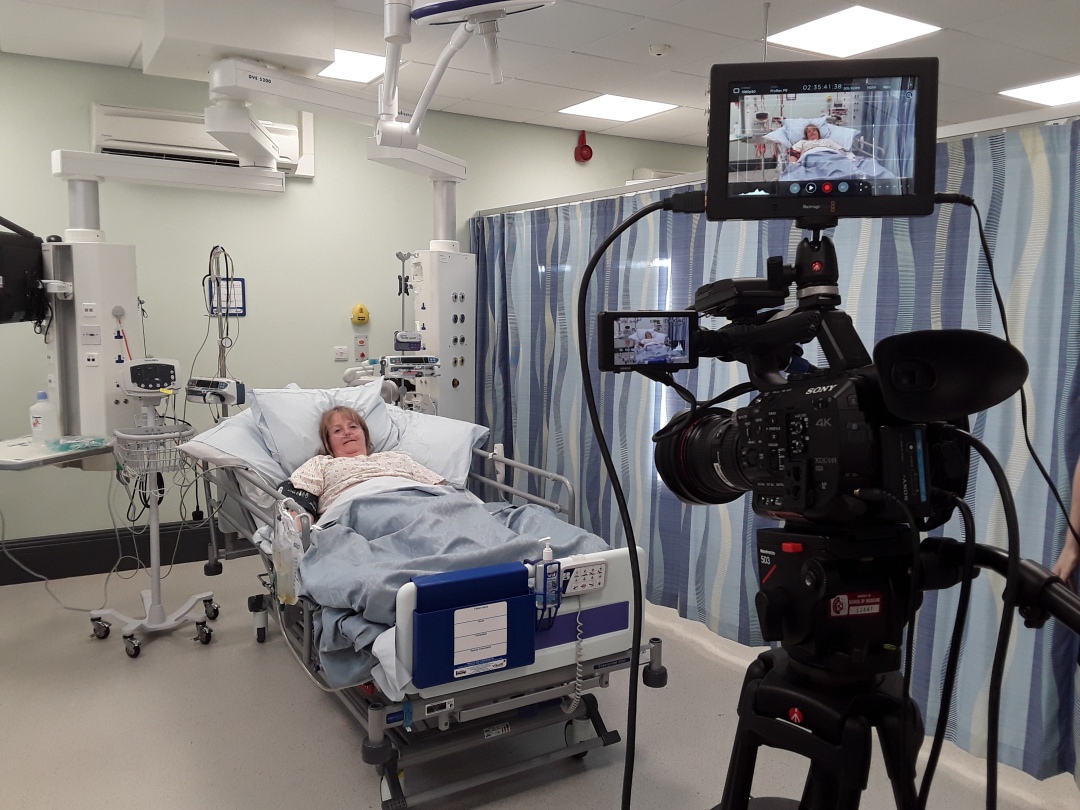Today we publish our @NIHRresearch report on #WardSonar the 1st attempt to ask patients on acute mental health wards to measure and report changes in perceptions of safety in real-time. The details of which can be found here. We have deepened our understanding of the co-design of digital interventions, explored milieu and contagion, and been … Continue reading #WardSonar report published
Research about the experience of meal times on acute mental health wards.
By Susan Guthrie, PGR at School of Healthcare, University of Leeds & Cardinal Clinical Academic Research Fellow Advanced Practitioner Speech and Language Therapist at Leeds and York Partnership Trust Phd supervisors: Prof John Baker & Dr Jane Cahill (University of Leeds) / Prof Bronwyn Hemsley (University of Technology, Sydney) Introduction Mealtime experiences vary for everyone. … Continue reading Research about the experience of meal times on acute mental health wards.
MH-CREST: How do community crisis care services work, who do they work for, and in what circumstances?
I am excited to announce the start of MH-CREST following an intense year of development. The MH-CREST research team is a partnership between The School of Healthcare at the University of Leeds, the University of Sheffield and our sponsor Sheffield Health and Social Care NHS Foundation Trust. Together, the MH-CREST team hold expertise in mental … Continue reading MH-CREST: How do community crisis care services work, who do they work for, and in what circumstances?
#ICUrestraint study: using audio-visual vignettes
Using audio-visual vignettes to explore how nurses make the decision to restraint delirious patients on the critical care unit How do nurses make the decision to restrain a delirious patient? What influences their decision? Do they follow protocols or base their decision on an individual assessment of the patient? If they assess the patient, what … Continue reading #ICUrestraint study: using audio-visual vignettes
Does policy and procedure keep service users secluded longer than necessary?
International concerns (United Nations, 2013; World Health Organisation, 2017; Duxbury, 2019) have been expressed about seclusion use in mental health settings. Although initiatives such as Safewards and No Force First recommended strategies staff can use to prevent aggression or de-escalate potential incidents, healthcare staff continue to support its use (Muir-Cochrane, 2018). Our study ‘Factors influencing … Continue reading Does policy and procedure keep service users secluded longer than necessary?


